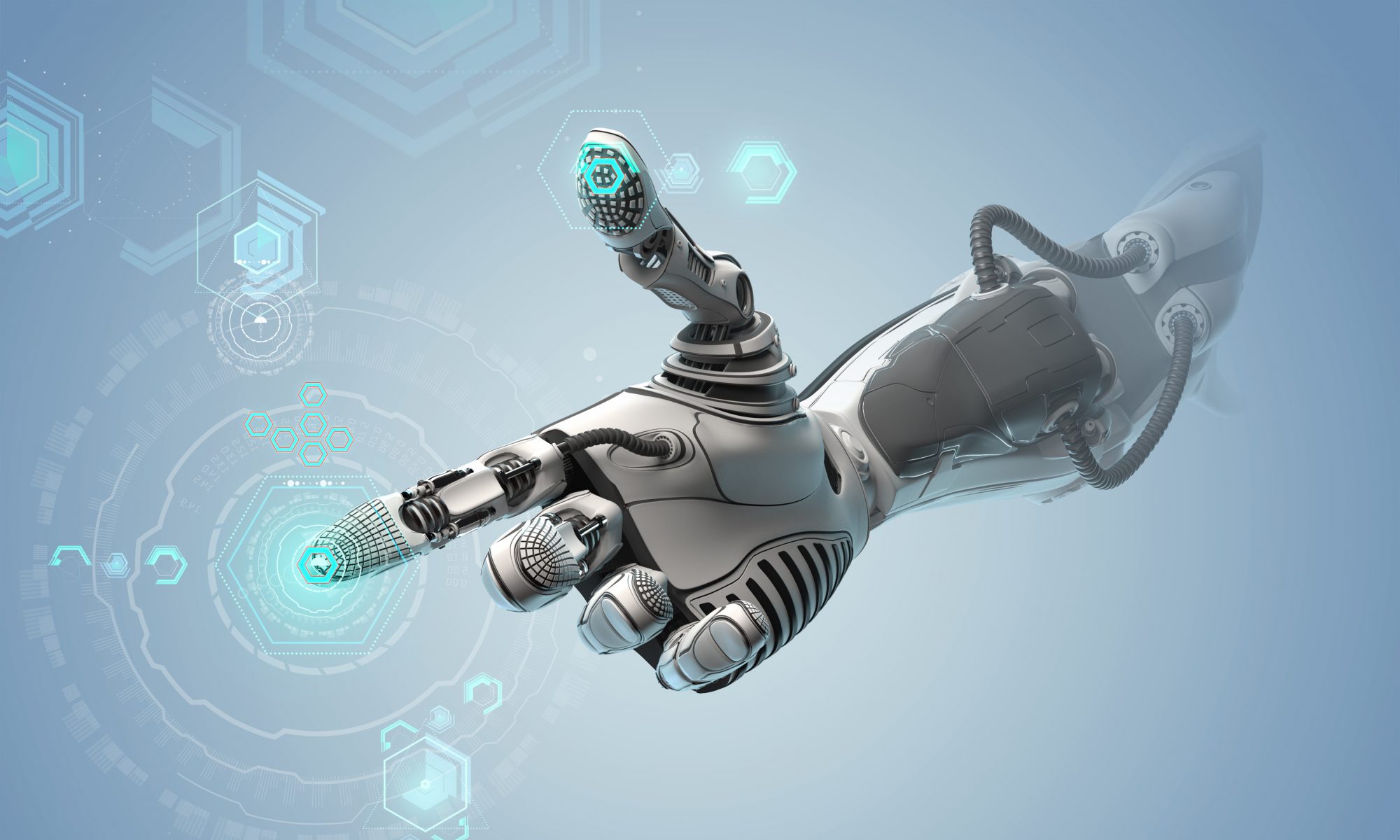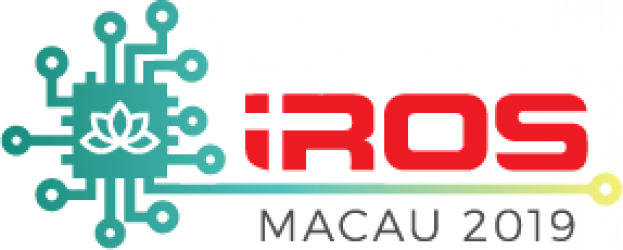Call for Contribution
Important dates
Paper Submission Deadline: September 1 , 2019
Notification of Acceptance: September 10 , 2019
Camera-Ready Deadline: September 20 , 2019
Paper submission guidelines
We welcome submissions regarding any robotics application where tactile sensing modalities are used. As we aim to encourage meaningful discussion in the tactile perception and learning domain, work that is unpublished, recently published or under review can be accepted for presentation depending on the novelty, significance and contributions of the work to the workshop theme.
We solicit contributions in the form of extended abstracts (min 2 pages, max 4 pages) in IEEE paper format (author information available here), to be presented at the workshop as posters. Outstanding contributions will be selected for oral presentations.
Accepted papers and eventual supplementary material will be made available on the workshop website. However, this does not constitute an archival publication and no formal workshop proceedings will be made available, meaning contributors are free to publish their work in archival journals or conference.
Please submit your contribution via EasyChair
Award: The outstanding posters and demos will receive awards.
Topics of Interest
Human Sense of Touch
- Touch physiology from skin to brain
- Haptic Perception
- Action and Perception Loop
- Perception for Learning
Sensing Technology
- Conformable and compliant materials
- Features enabled by conformable sensors
- Biomimetics
- Sensor effects
- Integration and read-out strategies
- Self-healing properties and strategies
- Sensor skins: design, fabrication and integration strategies
- Integration strategies for sensors in robotics
- Enabling technologies for fully integrated robotic systems
Exploration, Interaction, & Learning
- Exploitation of contact constraints
- Novel contact models
- Object perception for the exploitation of contact
- Tactile information processing
- Tactile feature extraction / feature learning
- Tactile-based object modeling
- Tactile object localization
- Tactile shape reconstruction and recognition
- Tactile object classification
- Tactile exploration
- Trends in combining of vision and touch sensing
- Roles of vision and touch sensing in different object perception tasks
- Modeling and representation of sensing modalities
- Integration of visio-tactile sensing modalities
- Deep visio-tactile learning
Grasping and Manipulation
- Linear/rotational slip detection
- Grasping planning
- Grasp stability assessment
- In-hand/whole body manipulation
- Tactile planning interplay between touch sensing and vision
- Tactile knowledge/skill transfer
- Tactile transfer learning
- Soft manipulation
- The meaning and function of different sensing modalities in object manipulation
- Sensing and planning in object manipulation
- Multi-robot manipulation and coordination
- Control strategy for object manipulation and collaborative assembly
- Learning object manipulation skills from human demonstration
- Novel approaches to grasp and manipulation planning
- Whole-body, multi-contact planning and control
- Design and characterization of contact-exploiting, compliant hands

